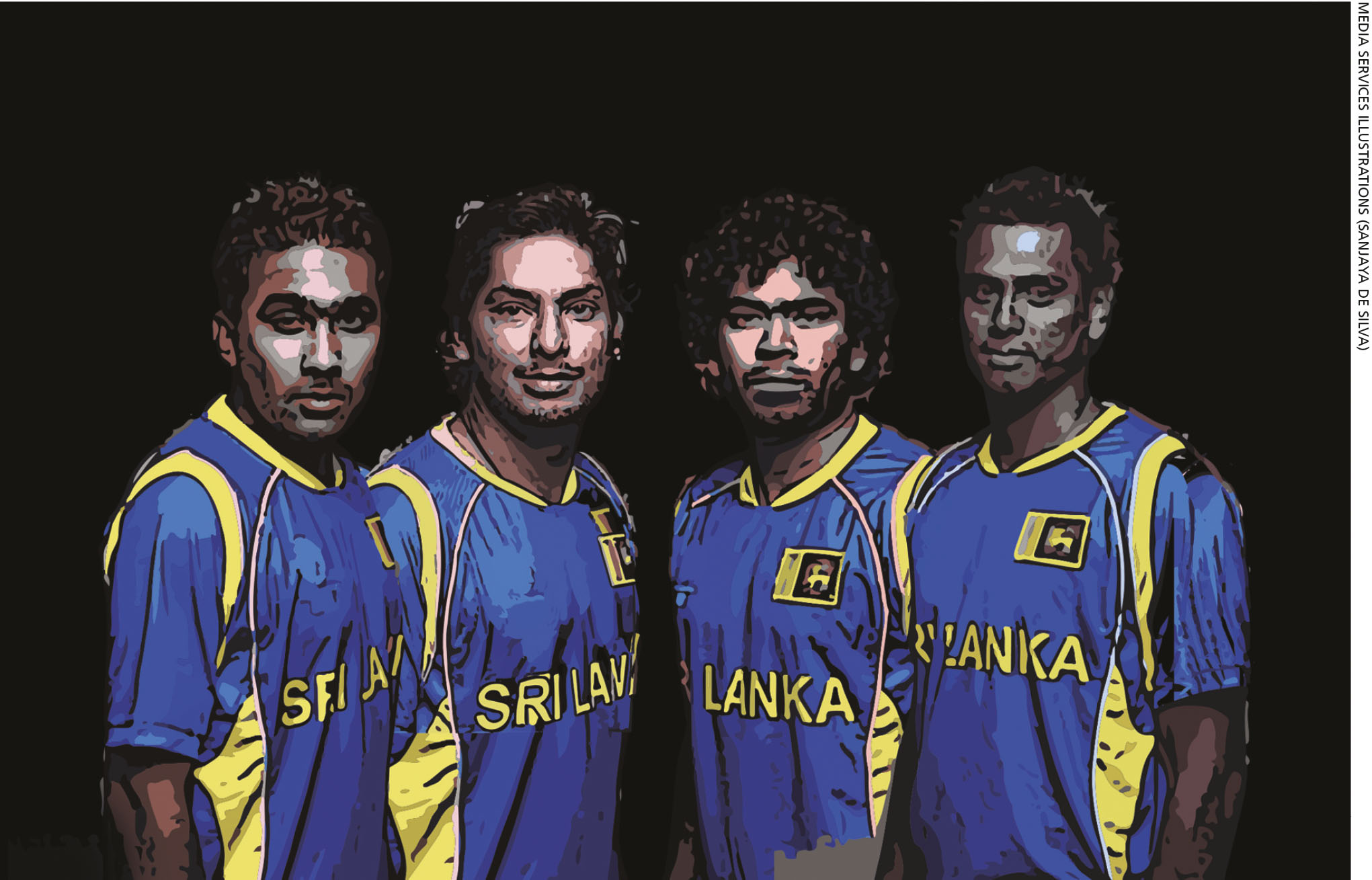LMD ARCHIVES
Then free education was first suggested and implementation was round the corner, the powers that be asked for the opinions of Sri Lanka’s well-known educationists of the time. Everyone agreed that free education was a ‘Pearl of Great Price,’ and C. W. W. Kannangara will always be revered as its introducer.
EDUCATING SRI LANKA
LMD FEBRUARY 2014
LESSONS FROM FREE EDUCATION
Goolbai Gunasekara isn’t impressed with what free education produces in Sri Lanka
Unfortunately, the government did not plan too far ahead. It did not foresee what would happen when a hefty increase in population gave rise to students from non-urban areas who passed the HSC examination. They were (technically, at least) eligible for university placements. The decision to provide free education at university level was perhaps the greatest mistake ever made in the educational field.
My mother Deshabandu Clara Motwani was one of the experts who gave evidence in front of a committee set up by the government to formulate guidelines for this new system, which was going to begin almost immediately. One of the main objections she raised was the decision to offer free education throughout the university courses and beyond, if necessary.
Vainly did she argue that even wealthy countries like the US did not provide free tertiary education. In the US, systems of state aid were in place, where students could obtain loans with easy payback terms stretching over 20 years. There were many scholarships for bright youngsters. Universities were not all priced alike and a student of a lesser rated college could transfer to a better facility if his grades were good.
Australia, Canada and Europe provided free education at secondary school level but none of them were stupid enough to do what Sri Lanka did in venturing into areas of education where even angels feared to tread.
The results can be seen today. Our universities have degenerated into pathetic travesties of what they were when Sir Ivor Jennings and Sir Nicholas Attygalle were the Vice Chancellors of the University of Ceylon.
I recall when the Peradeniya Campus was built. A group of us were shown around one of the most magnificent campuses ever built in the East. The halls of residence were headed by well-known educationists (Hilda Kularatne, Dr. Ram Aluvihare, Westropp and Vajira Cooke, et al). Professors and lecturers had foreign degrees and wide exposure to tertiary learning.
And the gardens were lovely, the lecture halls beautifully maintained and the entire campus was a showpiece of our little island, of which we were inordinately proud. The graduates coming out of the Peradeniya and Colombo campuses could be considered to be on a par with those from Oxford and Cambridge – at least, that was our proud boast at the time.
The standard of education at the many Sri Lankan universities today is not what it used to be, except in medicine, engineering and law. Most of the arts graduates are unemployable, and one wonders how they got into the universities in the first place. They are neither socially mature, nor have they been intellectually challenged.
Most of them have been educated in the Sinhala and Tamil mediums, and they can do no reference work since their English is poor. Most reference books are in English – so degrees are being handed out only on professorial notes.
But overriding all this is the appalling ingratitude of the undergraduate who has been brought up to believe that the state not only owes him a higher education but also a job at the end of it. While still in university and being educated at the taxpayer’s expense, these young ingrates have the audacity to go on strike, demand perks, attack and manhandle professors, and behave like thugs.
So what can we do to compensate for this tragic error made so long ago, for which we are reaping these sad results? Here are my suggestions.
University applicants should face a viva, as they did in the old days. Undesirables can be weeded out early. Those doing the interviews should have no vested interests – and favouritism should be punishable. Students should be accepted into university not only on the basis of their results but on achievements outside academic work too – emotional quotient is as important as the intelligence quotient.
Lectures must be given to them on their duties to the state that does all this for them, their rights are virtually none and they must be informed that they need to give back to the system that has given them their education.
At the point of admission, entrants should be made to sign a form which allows the university to expel them if they go on strike or are disruptive on campus. And they must work for the government in areas they are needed for a period of two years – this will help schools in the villages that have no teachers. And if they wish to leave the state service, they must pay for the privilege – the cost of fees can be paid back to the state.
And I have to seriously ask… is anyone listening?




